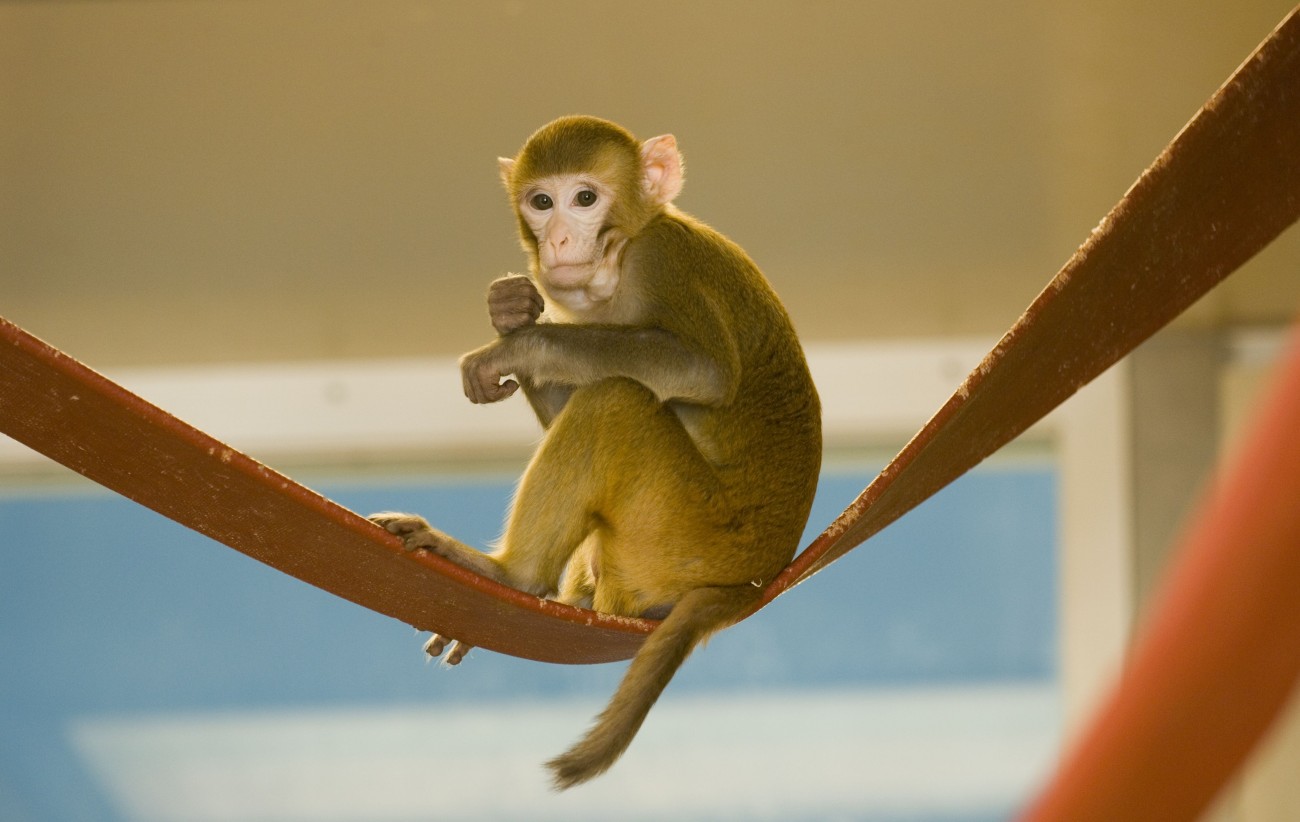Registration Details

The NC3Rs Primate Welfare Meeting plays a unique role in bringing together the non-human primate research community internationally to share and discuss best practice and the latest refinements in non-human primate care and use. If you’re a researcher, veterinarian, technician or facility manager working directly with laboratory non-human primates, be sure to register now to reserve your place.
This years’ event is taking place on 8 November in central London as a hybrid event with live streaming.
Participants joining remotely will be able to watch all presentations, pose questions and view PDFs of the posters. However, we encourage you to attend in-person, where possible, to take advantage of the excellent networking opportunities. Please indicate whether you will be attending in-person or virtually when you register (see button on the right).
Programme
The programme consists of oral presentations, posters and networking opportunities.
Confirmed presentations:
- Update from the NC3Rs – Dr Mark Prescott, NC3Rs
- Housing and rearing rhesus macaques in multigenerational groups enhances female reproductive success relative to peer groups – Dr Elizabeth Sterck, Utrecht University & Biomedical Primate Research Centre
- Delaying weaning of captive rhesus macaques (Macaca mulatta): assessing the costs and benefits –Mr David Massey, Newcastle University & MRC Centre for Macaques
- A deep transfer learning model for head pose estimation in rhesus macaques during cognitive tasks: towards a non-restraint, non-invasive 3Rs approach – Dr Emily Bethell & Dr Wasiq Khan, Liverpool John Moores University
- The impact of experimental design in stress-dependent perturbations of the primate immune system on rigor, reproducibility, and clinical translation – Dr Scott Hunter Oppler & Dr Melanie Graham, University of Minnesota
- Multi-disciplinary assessment of cumulative experience in macaques used in neuroscience research – Dr Colline Poirier, Newcastle University
- Blood parameters and ethograms as a means to investigate cumulative and long-term effects of neuroscientific non-human primate procedures – Dr Detlef Wegener, Brain Research Institute, University of Bremen
- Acute effect of fluid control on the affective state of rhesus macaques – Ms Janire Castellano Bueno, Newcastle University
- Using a novel primate welfare assessment tool to benchmark animal well-being and behavioural management programs in research facilities – Carly I. O’Malley1, Emilie A. Paterson2, Patricia V. Turner1,2, 1Charles River, 2University of Guelph
Confirmed posters:
- How NHPs interact with dog toys – Miss Molly Burholt, UKHSA
- Review on automated methods to study macaque behaviour in breeding centre – Ms Giulia Ciminelli, Newcastle University
- The use of the AWAG system during high containment studies to monitor welfare in NHPs – Miss Samantha Elam & Mr Michael Charlton, UKHSA
- Seizing the opportunities for welfare enhancements during a NHP facility refurbishment – Ms Sandie Holmes, UKHSA
- The challenges of providing enrichment for cynomolgus and rhesus macaques at high containment – Mr George Hornby & Mr William Trilsbach, UKHSA
- The closed box chair as a refinement for restraint in rhesus macaques – Ms Lisa Hoser, Oregon National Primate Research Center
- Enrichment and socialization/training programme in toxicology studies: points of refinement – Miss Marika Olivetti, Evotec Verona
- Refining pain assessment in research primates using a novel grimace scale and behavioural assessments – Ms Emilie Paterson, University of Guelph
- SARS-CoV-2 vaccination of laboratory rhesus monkeys: monitoring and efficiency – Ms Dan Qi Priscilla Oh, Brain Research Institute, University of Bremen
- Automated in-cage monitoring of individual space use in laboratory housed macaques – Mr Joshua Reukauf, Newcastle University
- Virtual reality provides an insight view into social groups of long-tailed macaques – Ms Sophie Waasdorp, Utrecht University
- Nexplanon contraceptive implants: a safe and practical way of controlling breeding in female rhesus macaques – Dr Claire Witham, MRC Centre for Macaques
Registration
Registration for this meeting is now closed.
This meeting is open to laboratory personnel working directly with non-human primates. It is free to attend but registration is essential. Please note that there are limited places available for the in-person event.
For online registrants, certificates of attendance are available on request only to registered participants attending through their unique Zoom link .
Supported by Wellcome.
